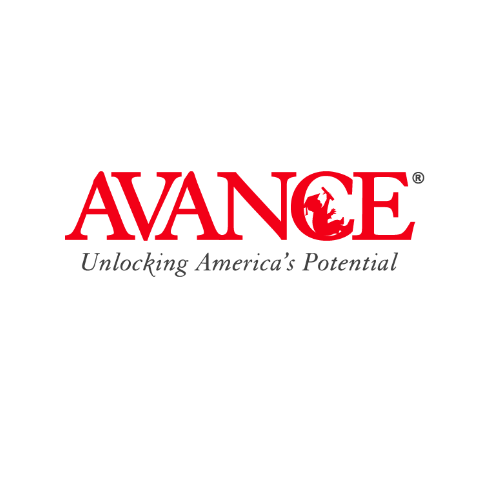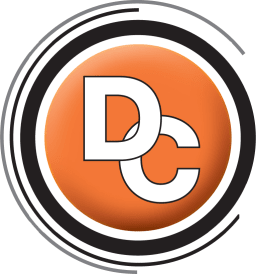Research
Cognitive ToyBox is a reliable, valid and useful tool for early childhood educators, children and families. See below for our research and case studies.
January 2024
HTKS-Kids: A tablet-based measure of self-regulation to equitably assess preschoolers
Frontiers in Psychology
November 2021
Implementing Cognitive ToyBox in Louisiana Center-Based Pre-K Settings
Louisiana DOE
November 2021
Hudson Guild Case Study
Hudson Guild
May 2021
Supporting family child care providers and networks with Cognitive ToyBox
AVANCE
March 2021
Tech-Based Tools Enable Greater Collaboration Between Head Start and Public Schools
City of Chattanooga’s Office of Early Learning
July 2020
Using Cognitive ToyBox at Home during Covid-19 School Closures
Los Angeles Unified School District
June 2020
Implementing CTB alongside a Traditional Approach to Assessment in the Early Childhood Classroom
WestEd
May 2020
The role of developmental change and linguistic experience in the mutual exclusivity effect
Cognition Journal
October 2019
Measuring school readiness through games: A focus on reliability, validity and outcomes
Head Start Program
May 2019
Cognitive ToyBox: Data-Based Assessment Tool to Accelerate Progress in Early Childhood Literacy
Davie County Schools
March 2019
The Promise of Game-Based Assessment in Early Childhood Education
Brooklyn Kindergarten Society
February 2019
Cognitive ToyBox Subject Matter Expert Review
WestEd
2018
Week-long practice matching 2D objects by shape improves 3D shape bias and vocabulary growth
Cognitive Science Society
June 2024
The Case for Bilingual Assessments in Early Childhood
Cognitive ToyBox














